
Situated right next to the Geneva headquarters of luxury watch brands such as Rolex, Patek Philippe and Frédérique Constant, Carugati Automobiles offers high-end classic and supercars for the discerning few. We spoke to Fabrizio Carugati, who runs the business with his father…
What is your earliest automotive memory?
It’s of driving around with my father in the Ferraris of the time – Dinos, 308s, 328s, Testarossas, F40s, etc. The F40 is still one of my favourite cars, and one of the most important to me. It reminds me of the time before the crisis of the 1990s, when we often used to drive one. My dad was always driving fast, and I frequently knocked my head on the doorframe of the F40 – it’s a good memory.
So your father founded Carugati Automobiles?
Yes, about 30 years ago. He was working with his parents in their Italian restaurant in Geneva. When he bought his first Ferrari, a grey Dino 308 GT4, he quickly sold it to buy another one, and then another. When his parents realised he had begun trading his cars, they asked him to make a decision: to keep cooking, or to become a car dealer proper. He chose cars, because they were always his passion, but he still cooks very well.
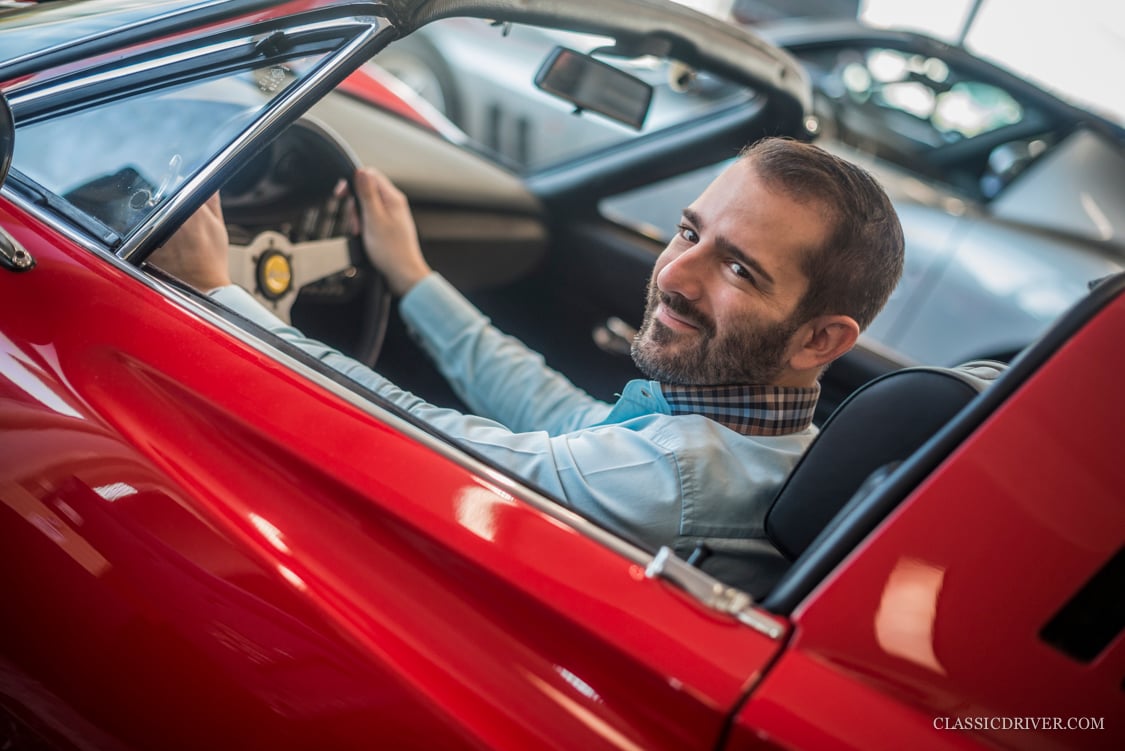
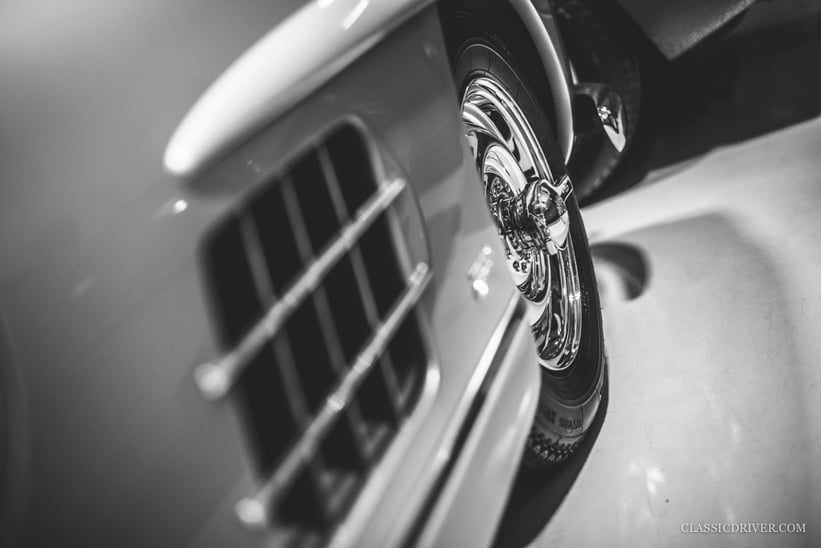
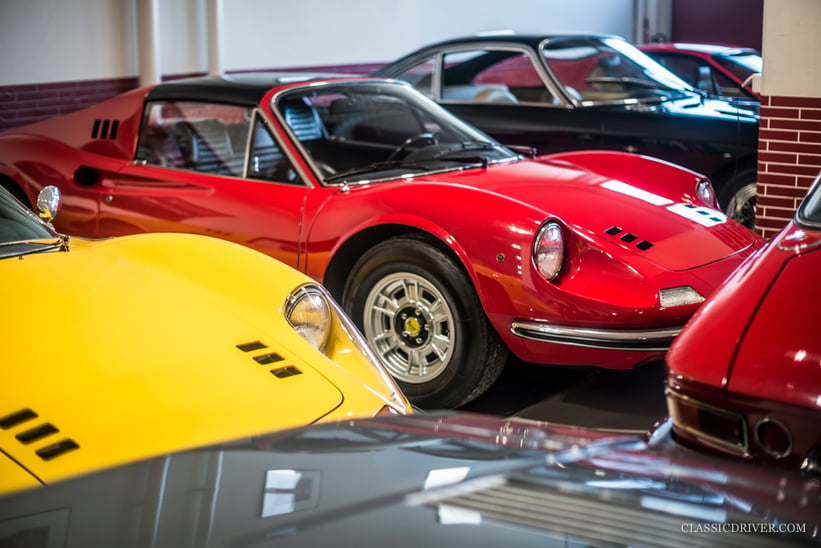
From where did his passion for Ferrari stem?
My father watched Formula 1 growing up, and always loved the Scuderia. His own father was passionate about Ferrari, too, and would take often take him to the dealership in Geneva. They’d look at all the latest cars, though my grandfather never dared to buy one for himself. By the time he finally bought one, he was too old and did not enjoy driving it. He had waited too long to fulfil his dream, and my father didn’t want to make the same mistake.
So he opened his own dealership?
Yes, he started buying and selling Ferraris. He also opened his own workshop, but quickly realised that restoring cars was a complicated business, in which it was difficult to earn money – particularly in Switzerland, where labour is very expensive.
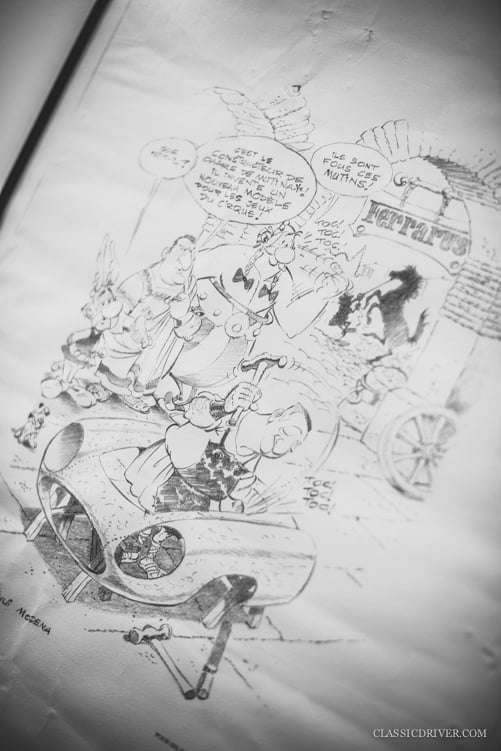
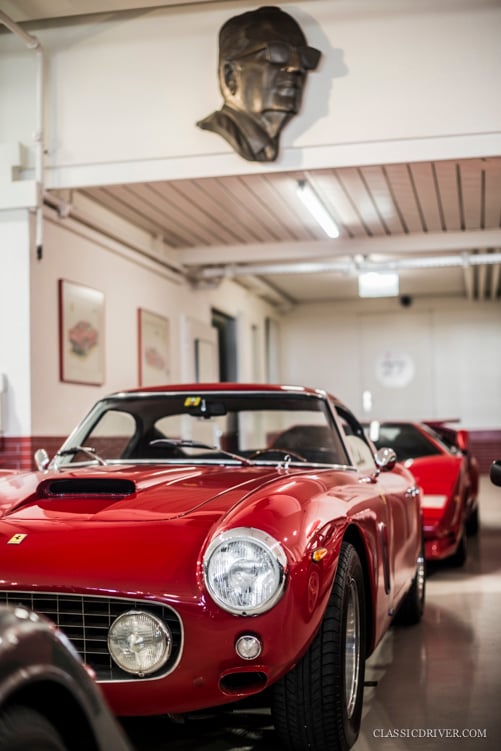
There are lots of other supercars in your showroom, including a few Paganis. What is your relationship to this interesting marque?
My father met Horacio Pagani and was excited about how he was building his own company, much like the early days of Enzo Ferrari. He wanted to be a part of it, so in 2002 we became the official Pagani dealer for Switzerland. We’ve traded quite a lot of Paganis since, and we were even involved in the homologation process for the Zonda in Switzerland. Following the brand growing up was a great experience. We liked the family spirit. Now it’s becoming more and more professional.
Your showroom is situated in Plan-les-Ouates, right in the heartland of the Swiss watch industry. Frédérique Constant is just across the street, and Patek Philippe and Rolex are only a few minutes away. Is there a connection between your world of cars and the world of luxury watches?
Yes, some of our customers are linked to the watch factories by work or passion, and when people come to visit the watch brands, they discover our showroom and pop in. We’re not the only ones – there are official Ferrari and Lamborghini dealerships only a few hundred metres away, and also Harley-Davidson. We don’t see them as competition, rather as helping to attract new customers to the area.
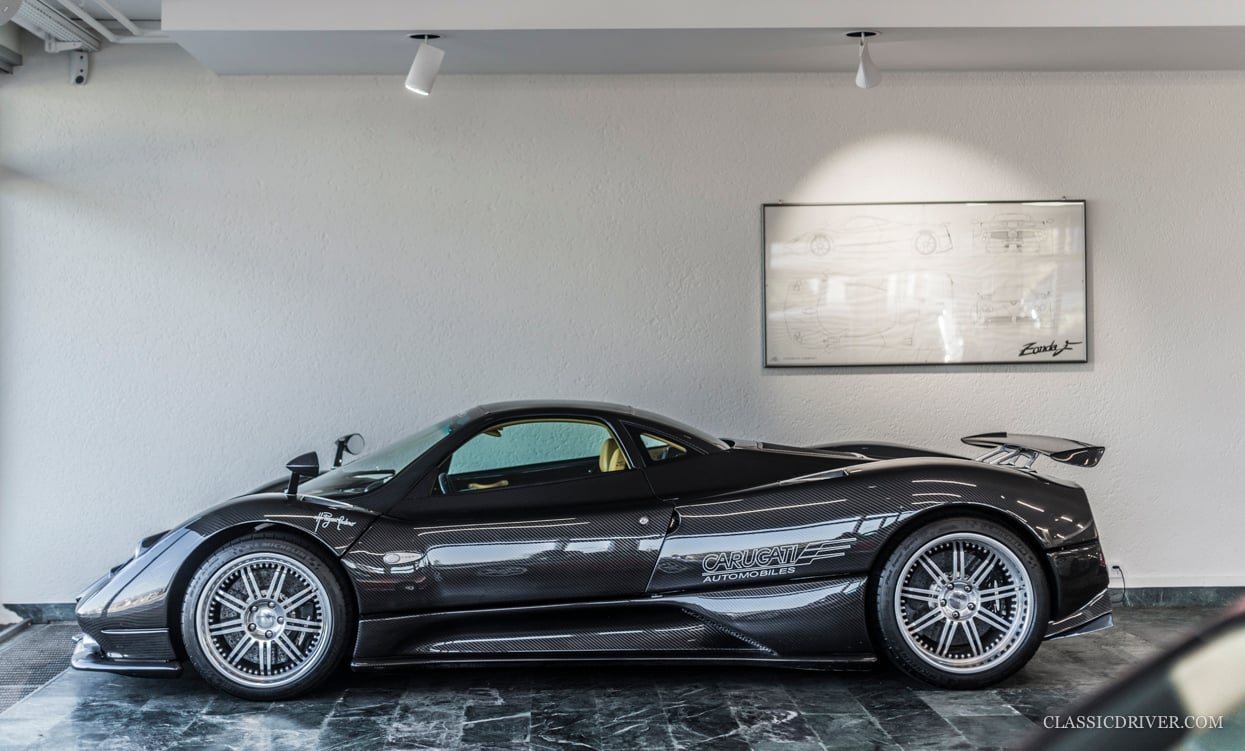
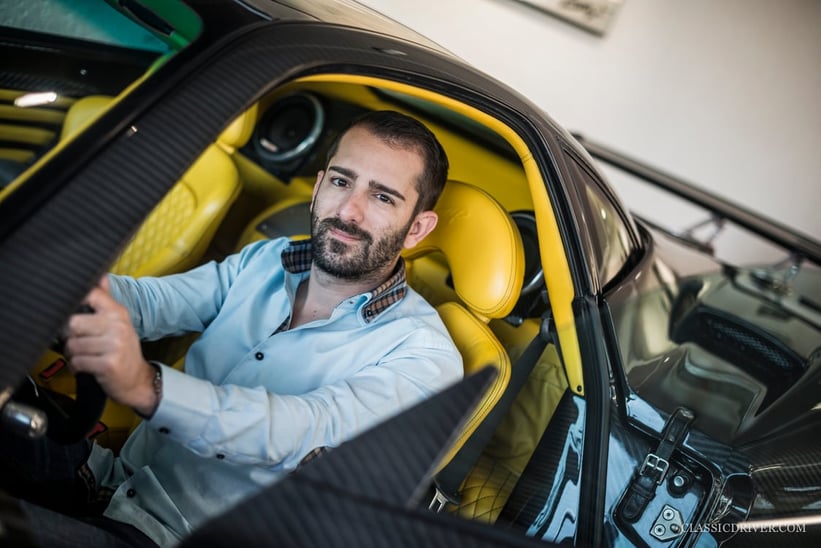
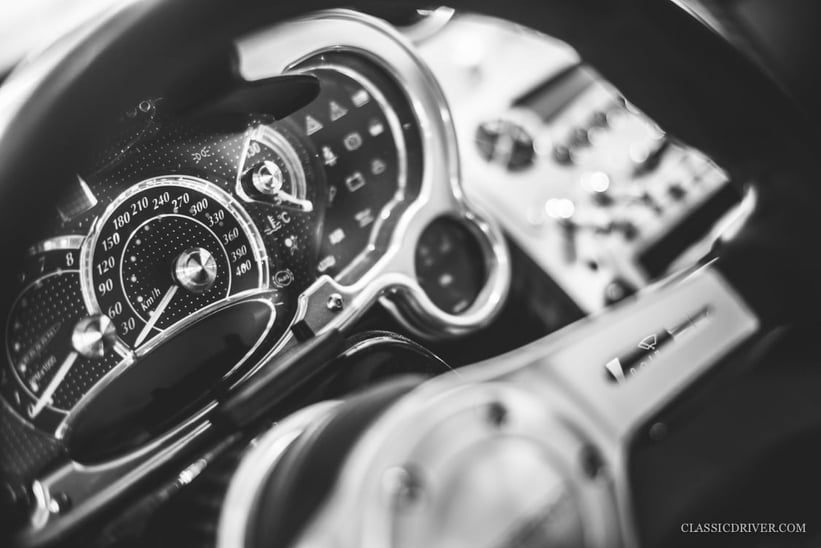
How do you select which cars you offer for sale?
We acquire most of our cars through our client network. We rely on our relationships with clients or dealers we know, and only buy high-quality cars with proper history. As soon as a car comes into stock, the most important thing is to email all or some of our clients, around 4,000 people. Eight out of ten cars are sold within our network.
Do most of your clients come from Switzerland?
Most of our clients live in Switzerland, but they are not necessarily Swiss. A lot of other European people live here, too, for obvious reasons. We sell to Europe, the USA and some of the Middle East. But usually clients choose to keep their cars here in Geneva. We have a facility where we can stock and service a lot of cars, so when a client arrives in Geneva, their car is ready to go. We can even drop a car somewhere that's more convenient to them.

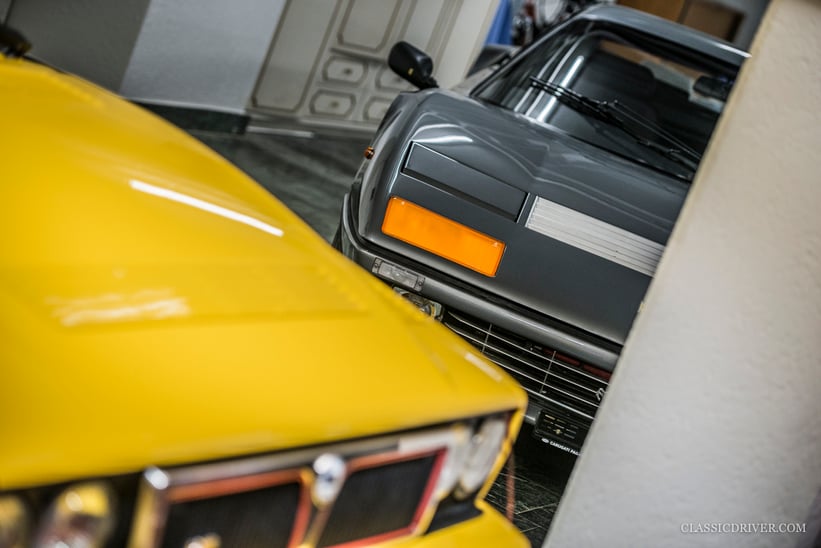
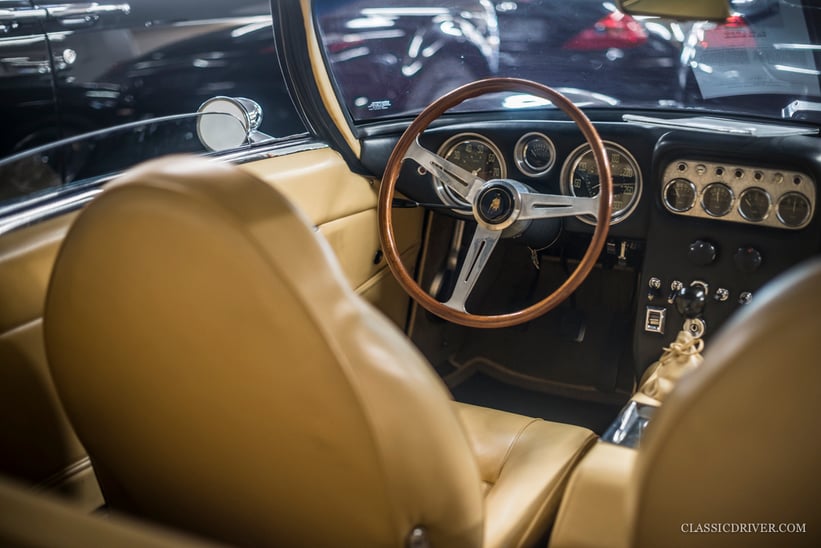
You work with both classic and contemporary cars. What are the main differences between the two in terms of driving experience?
Nowadays, sports cars are so easy to drive and maintain, as long as you have the correct electronic equipment. In the past, cars were more brutal – take the Ferrari F40, for example, which is one of the scariest cars out there. The good thing about classic cars is that you don’t have to drive fast to enjoy them. There’s joy in the smell and the sound, for example. Also, you don’t attract as much attention in a city as people are more receptive to classic cars these days.
Do you still enjoy driving?
Yes, but in Switzerland the traffic is a nightmare and speeding laws are very strict, so I often take the train. I think that’s why we sell so many classic cars, because you can enjoy them without going quickly and risking too much. I do still enjoy a road trip around the Alps or Europe when I have a break.
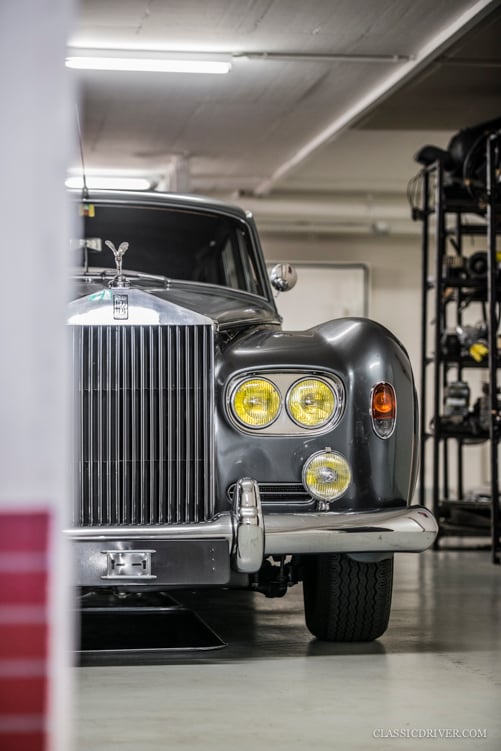
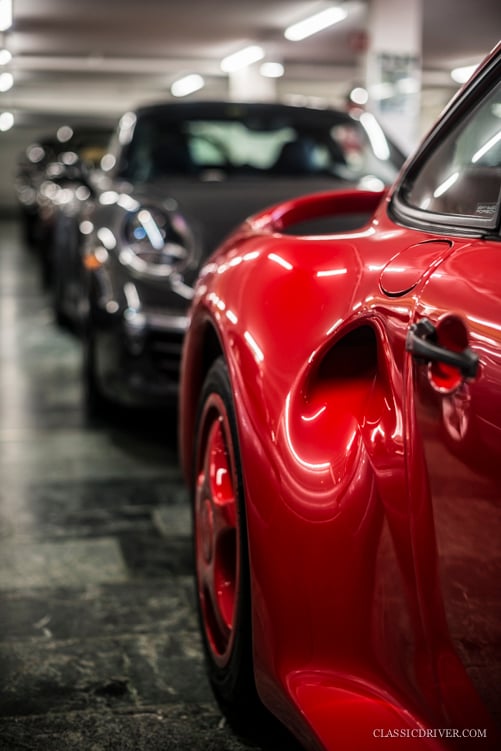
Which classic cars do you love the most?
If I were to build a collection, it would include three Ferraris – a Dino, a 250 GT SWB and a 275 (maybe a 288 GTO and an F40, too). Then I’d acquire a Gullwing, a Bugatti, BMW 507 and a Lamborghini Miura. I think these are the most special classic cars.
Are there any anecdotes from your time in the business that you still joke about?
Once, a famous French singer came into our old place, but I didn’t recognise him. I thought he looked like a hobo, but then he bought a Ferrari 275 [laughs].
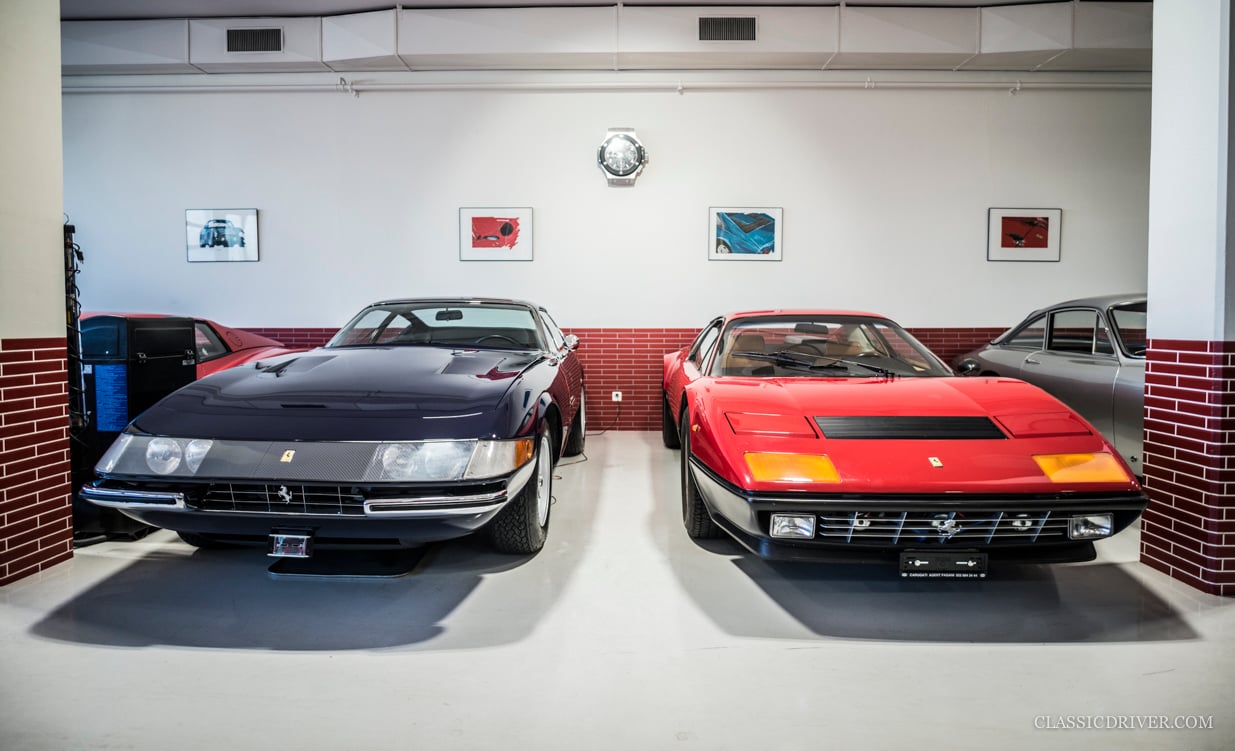
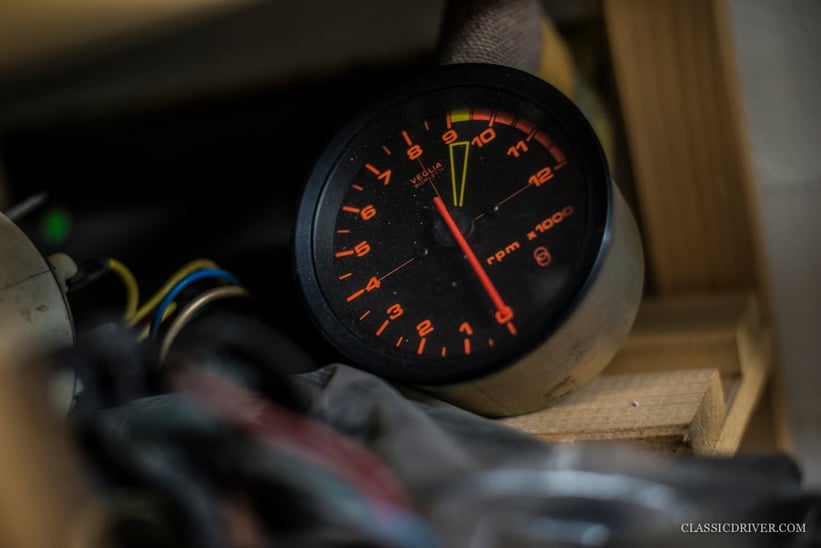
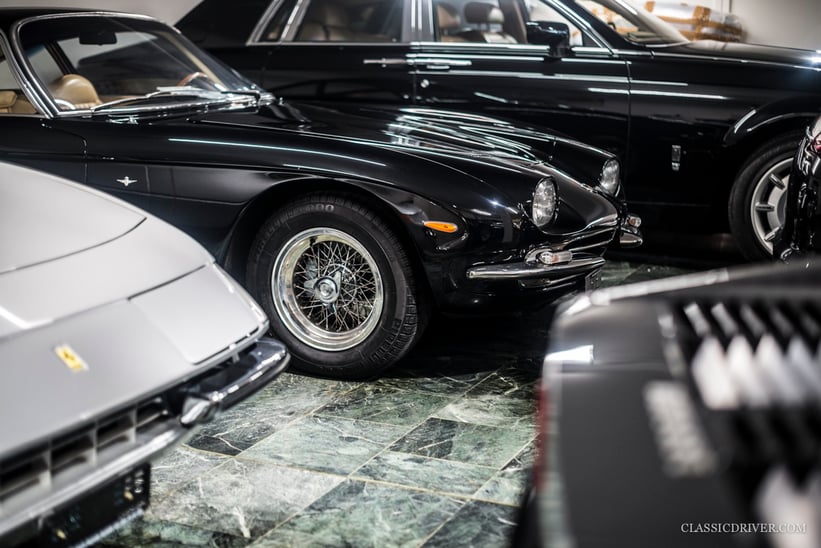
In one word, what’s the most important aspect of your job?
Relationships. Often we sell a single car three or four times, because our customers always come back. That way, we don’t need to look for cars, as they almost always come to us. We prefer to build up client relationships, rather than make a huge profit or spend lots of money on advertising.
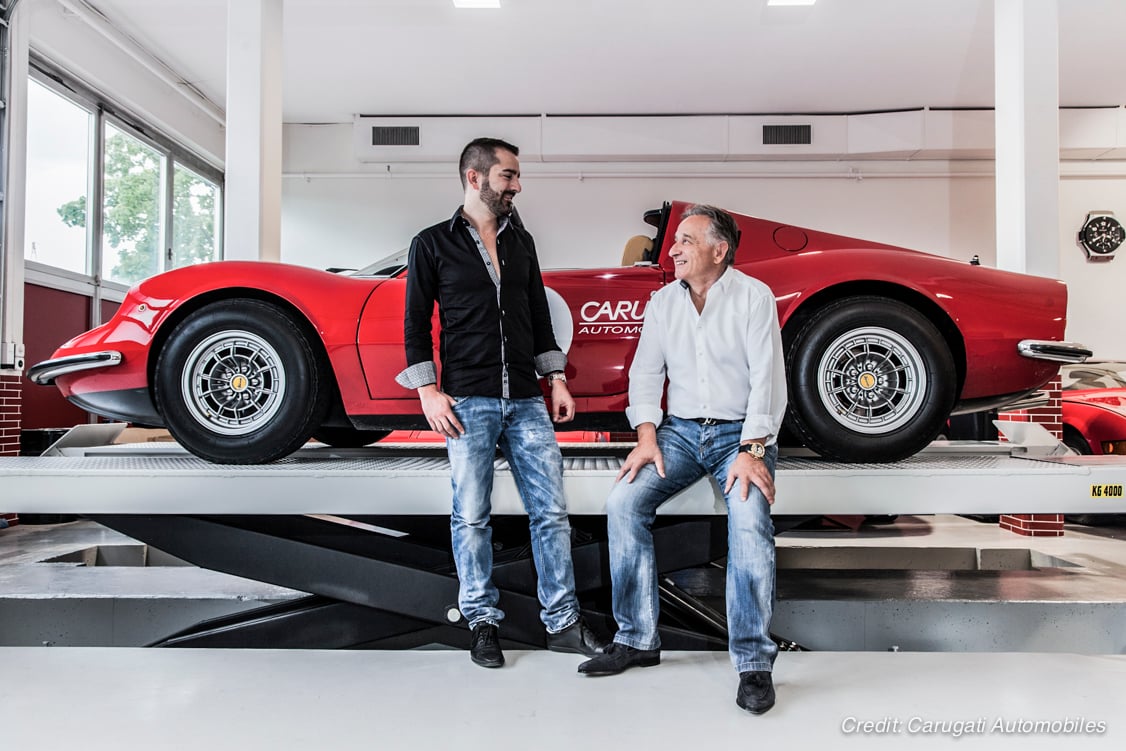
What does the future of Carugati Automobiles look like?
That will depend on the regulations and the economy, of course. In some countries, you are not allowed to drive old cars. But if the situation remains as it is, I see quite a bright future. Cars are still high on the list for aspirational business people, and even if we see fewer classic cars on the roads, they’ll still prove highly collectable, like paintings. The numbers are limited, they cannot be reproduced easily, and once a big country like China gets involved, the demand will far exceed supply as long as the economy doesn't collapse.
Photos: Rémi Dargegen for Classic Driver © 2015
You can find Carugati Automobiles’ entire inventory listed in the Classic Driver Market.

Aucun commentaire:
Enregistrer un commentaire